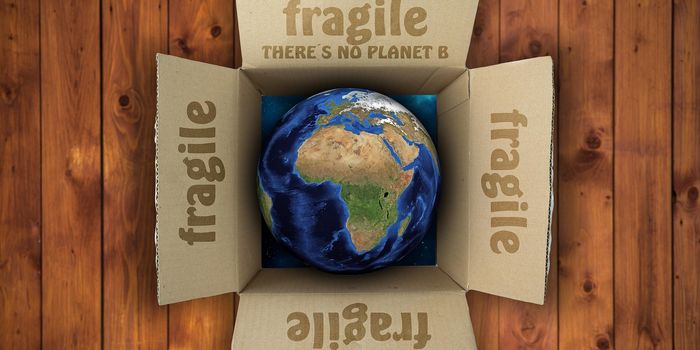Plastics Recylcing: How Does It Work?
Polyethylene terephthalate (PET or PETE), a thermoplastic polymer consisting of numerous units of terephthalate (C10H8O4), is one of the most commonly used raw plastics materials. According to the statistics from British Plastics Confederation, currently, 70% of the world's soft drink products are packaged using PET bottles.
PET plastics are commonly recycled and has the number "1" as its identification code. However, instead of being made into new drink bottles or food containers, the majority of the recycled PET is used in manufacturing lower grade products. Because to generate food grade plastic material, the polymerized compound needs to be broken apart into monomers, which are then purified and polymerized again to create new PET resins. It is a costly process that is not often commercially viable.
The recycling of PET bottles and containers starts with sorting, based on color and transparency. Once sorted, PET wastes are then crushed, pressed into bales, washed, separated and dried. These post-consumer PET materials need to be further processed by shredding into small fragments and cleaning. The resulted pure PET fragments, or "PET flakes", are turned into polyester fibers, a material used in the production of clothing, pillows, and carpets.
Source: ACS Reactions via Youtube








